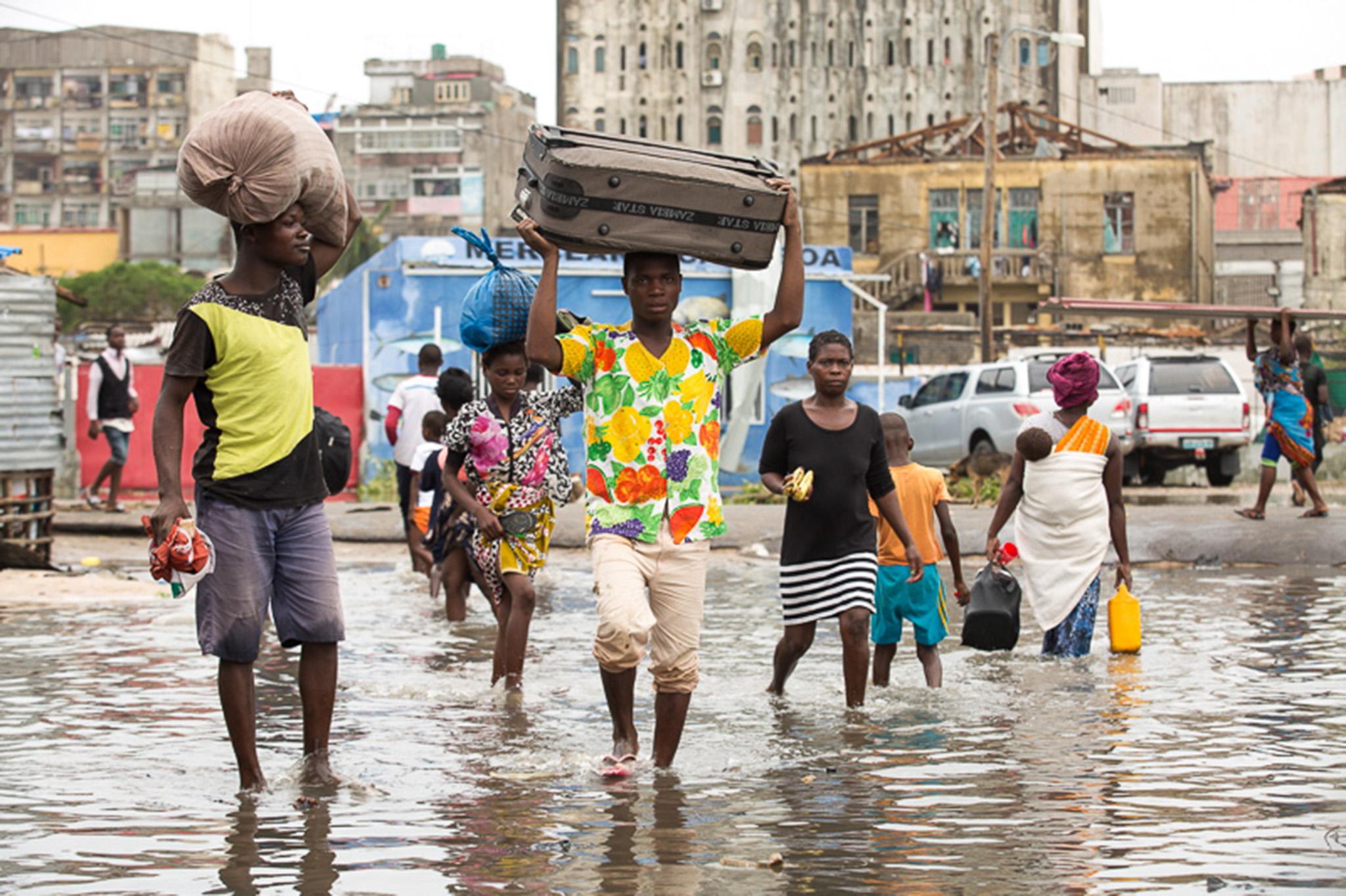Cyclone Idai reveals the fundamental injustice at the heart of climate change
Analysis: With science linking natural disasters and global warming ever more clearly, storms like the one that struck southern Africa this week should be seen as part of a bigger picture, says Josh Gabbatiss


There are unwritten rules for covering disasters. A famine or a drought may have to kill thousands to make global headlines, while a volcano erupting instantly becomes an international event, regardless of whether it leads to any fatalities.
Location is also key. Even the smallest terrorist incident in a European city will invoke blanket news coverage, while the routine attacks that take place in the Middle East are often ignored.
In other words, the response is not necessarily proportionate to the scale of the event. Instead, it is driven by the various unwritten principles that dictate whether something is newsworthy.
Nevertheless, despite taking part in the “wrong” part of the world, and not involving fire raining from the sky, Cyclone Idai has managed to pierce through the news bubble this week.
Described by UN officials as one of the southern hemisphere’s worst ever weather disasters, it has already swept through Madagascar, Malawi, Zimbabwe, South Africa and Mozambique. The cyclone’s powerful winds and floods have already claimed hundreds of lives and flattened entire settlements.
If death and destruction on this epic scale is what it takes to get developing nations into the news, we might be seeing a lot more of them. For that, we have one thing to thank: climate change.
Only a few years ago, experts would have been hesitant to draw direct links between events such as Cyclone Idai and climate change. But advances in science, combined with a need to communicate the threat posed by rising global temperatures, mean climate experts and campaigners alike are now eager to make those links known.
While scientists still debate whether climate change will make tropical storms of this nature more frequent, what is much more certain is that when they do hit, they will hit harder. Rainfall in these storms is becoming more intense, and rising sea levels mean the storm surges that accompany them are more severe.
The other thing that is clear is that it is the developing world that will feel the impact of these events the most. Lack of infrastructure or defences against disaster mean that when storms, floods and droughts strike, they are all the more deadly. But it is also the location of the world’s poorest people – in the hottest regions, by the coasts and on islands – that leaves them susceptible to the effects of climate change.
This, of course, is the fundamental injustice at the heart of climate change. The nations that have been primarily responsible for hauling fossil fuels out of the earth and sending CO2 billowing into the atmosphere to power their expansion are not the ones feeling most of the repercussions. While some cliff side houses in Britain may be lost to the waves, it is unlikely we will experience anything on the scale that Beira in Mozambique has this week – losing 90 per cent of its buildings.
Richer countries can patch up these wounds by sending over money and aid workers, but what the people of these nations really need is long-term thinking. It is difficult to make the connection between your decision to open up a coal mine in Cumbria and the deaths of people in a faraway African country, but this is the mental leap leaders in Britain and elsewhere must make.
In the words of former Maldives president Mohamed Nasheed at the most recent UN climate summit, speaking for the people of his tiny island nation: “We don’t think that this is asking for much… please do not kill us.”
Join our commenting forum
Join thought-provoking conversations, follow other Independent readers and see their replies
Comments
Bookmark popover
Removed from bookmarks